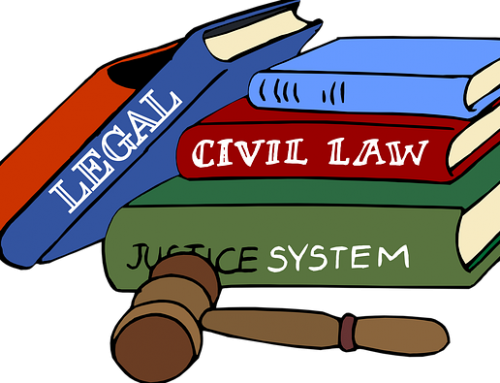While the bail bond process is pretty simple, sometimes raising enough cash to bail someone out isn’t. After all, finding out a friend or loved one has been arrested usually comes as a surprise, and money to bail someone out just isn’t available. In cases like this, a property bond can be a life saver.
In should be noted that using property to bail someone out of jail takes significantly longer than using a bail bond or cash bail. Not all property will be eligible to use as collateral for property bonds, and the court has a pretty extensive appraisal process they go through to ensure a given piece of property meets all the criteria.
Property Bonds: What You Need to Know
If you want to use a piece of property as collateral to bail someone out, the first thing you should know is that you need to own equity in the property totaling at least 150% of the bail amount. This means that if bail is set at $10,000, you need to have equity in the property of at least $15,000 for it to be eligible to be used as collateral.
Provided there is enough equity in the property to make it eligible for a property bond, the court will also look into a variety of things like market conditions where the property is located and which, if any, liens have been placed on the property. Certain liens will make a piece of property ineligible for use in a property bond, as will certain market conditions that could make selling the property difficult for the court if the defendant skips bail.
The last point mentioned above touches on one of the key downsides with property bonds. If the defendant skips bail or doesn’t show up for court, the property is forfeited to the courts; who will then sell the property to make up the money to cover the defendant’s bail. When you combine the prospect of losing a piece of property with the time it takes to get a property bond approved (a few weeks to a few months), it’s often better to use that time to put the cash together for a bail bond. It’s less expensive, quicker, and is far less likely to result in a loss of property if the defendant skips bail.








Leave A Comment